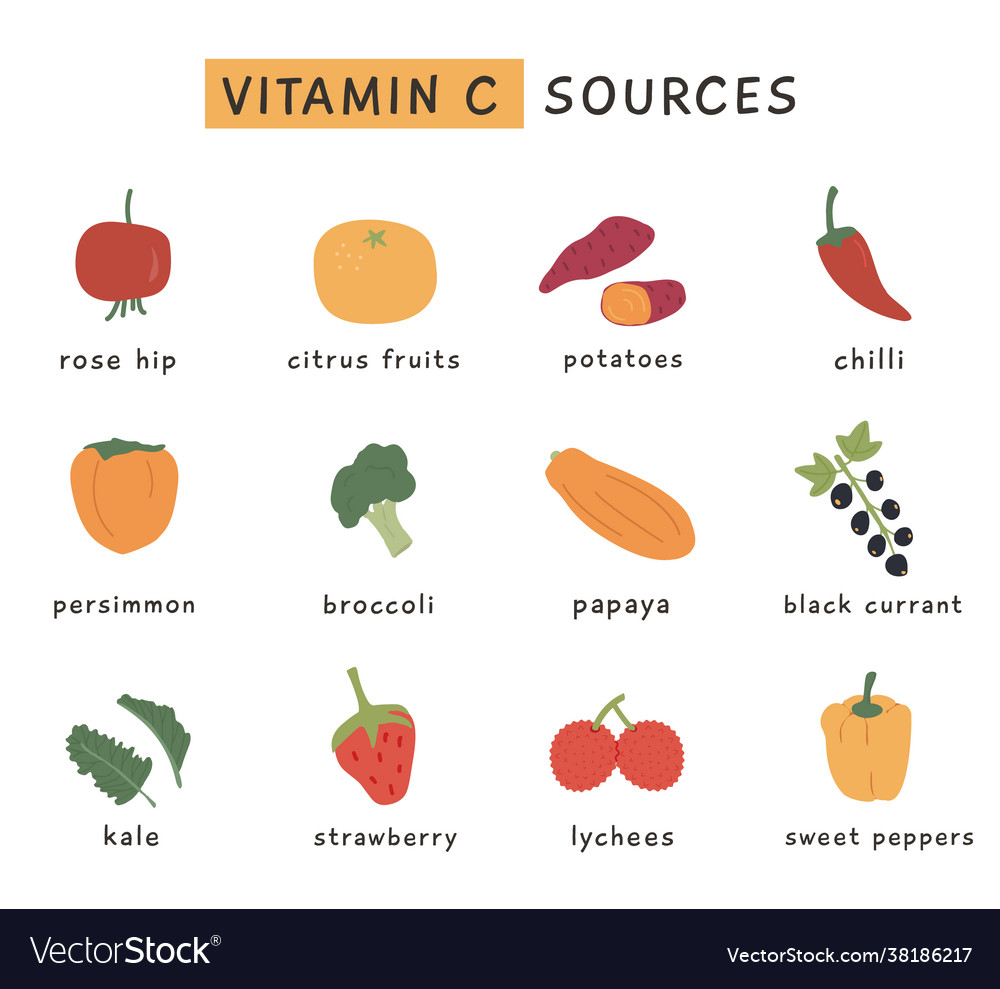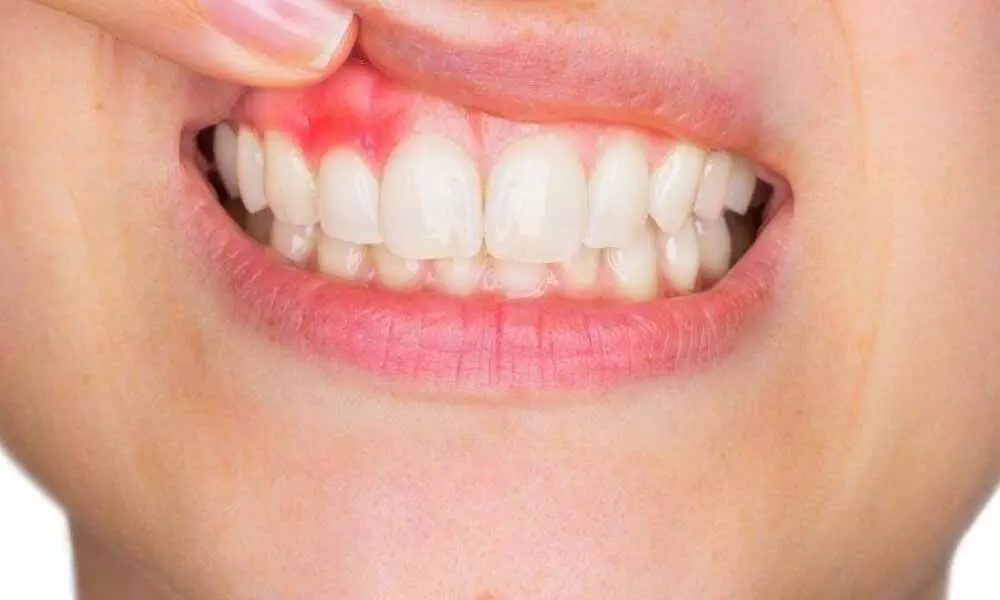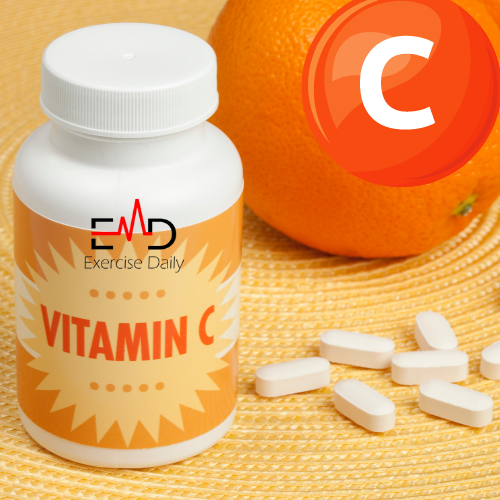Exercise daily – Vitamin C (ascorbic acid) is a water-soluble nutrient. It is found in citrus fruits, green vegetables, and other foods. It helps to fight off infections. I will answer your questions about how long vitamin C takes to work, the benefits of vitamin C and much more. So let’s dive in.
History Of Vitamin C:
Two hundred fifty years ago, sailors didn’t know if they would return alive or not because of scurvy. This was because of their eating pattern. Sailors consumed fruits and vegetables early and then served only cereals and meats.
The first nutrition experiment ever performed on a human being was devised in the mid-1700s to find the cause of scurvy. A British physician, James Lind, divides 12 people into six groups. The first one was (Cider), the second one was (Vinegar), 3rd (Sulfuric Acid), 4th (sea water), 5th (Oranges and Lemon), and 6th (Strong laxatives mixed with spices). Each pair received a different supplemental ratio. Those receiving citrus fruits recovered quickly. Nearly 200 years later, that factor was found; it was a six-carbon compound similar to glucose and named “Ascorbic Acid.”
The Recommended amount of Vitamin C:
Men : 90mg/day
Women: 75mg/day
Smokers: +35 mg/day.
upper level: 2000 mg/day
Sources

- Vegetables & fruits.
- Citrus fruits (Lemon, Orange)
- Bell pepper
- Dark Green Vegetables
- Strawberries
- Lettuce
- Potato
- tomatoes
- Cabbage
- Berries, etc.
Vitamin C Supplements:
Vitamin C supplements are readily available. It is available in the form of capsules or vitamin C gummies. Vitamin C gummies contain 250mg of Vitamin C. It provides various health benefits. You can try these gummies or capsules if you are not taking enough vitamin C from your diet. Their taste is also very nice, and it is safe for children and adults also.
What is vitamin C good for?
Vitamin C as an antioxidant:
Vitamin C can quickly lose electrons; this allows vitamin C to perform as an antioxidant. It defends the body against free radicals. Vitamin C gives up electrons to stop free radical damage, then reaccept them to become re-activated. This recycling of Vitamin C is key to maintaining a reserve of antioxidants in the human body.
Vitamin C is like a bodyguard of the body. In cells and body fluids, Vitamin C protects tissue from oxidative stress. It also enhances Iron absorption by preventing oxidation of Iron.
Vitamin C as a cofactor in Collagen Production:
- It helps to form the fibrous structural protein of connective tissues, known as collagen. It serves as the matrix in which bones and teeth are formed.
- When a person is wounded, collagen glues the separated tissue together, forming scars. Cells are held together by collagen.
- It is crucial in artery walls, which expand and contract with heartbeat beat, and in the thin capillaries, which withstand a pulse of blood every second.
- The body makes proteins by joining the chains of amino acids together. During the synthesis of collagen, a lysine is added to the protein chain. An enzyme adds an OH- group to proline and lysine, and hydroxylate and hydroxyproline are formed. This conversion requires vitamin C and iron. Ironworks as a cofactor and vitamin C protects iron from oxidation and allows it to perform its action.
As a cofactor in other reactions:
- Vitamin C helps hydroxylation of carnitine, a compound that transports long-chain fatty acids into a cell’s mitochondria for energy metabolism.
- Vitamin C converts the amino acids tryptophan and tyrosine to neurotransmitters, serotonin, etc.
- It also assists in making hormones, including thyroxin, which regulates the metabolic rate; when metabolism speeds up in extreme physical stress, the body’s use of vitamin C increases.

In stress:
- The adrenal glands contain more vitamin C and during stress, these glands release the vitamin together with hormones into the blood.
- During physical stress, the need for vitamin C rises, e.g., in infections, burns, and extremely high and low temperatures.
- The chronic use of certain medications, including aspirin or smoking. Free radicals are produced then vitamin C helps to control this oxidative stress.
In disease prevention:
Vitamin C helps prevent cancer, heart disease, cataract, and other diseases. In one study, they found that a vitamin C supplement or Vitamin C alone reduces breast cancer cases by 23%. So it is effective in cancer because vitamin C reduces the damage that free radical causes. It also lowers blood pressure.
The best vitamin for sore throat:
Nasal congestions develop in sore throat. People commonly take different medicines, but vitamin C comes to the rescue. It is very effective in calming down a sore throat.
Vitamin C Increase Oxygen Uptake:
It may help to increase oxygen uptake and aerobic energy production; exercise causes an increased loss, so extra may be needed.
Intense exercise tends to cause more significant free radical damage, so sports people need higher doses.
Vitamin C benefits for Skin:
It is proven that vitamin C helps in correcting wrinkles. If we use it every day, it will improve our Skin’s overall appearance and texture. It will brighten up your skin and is perfect for acne-prone Skin.
Vitamin C Boost the immune system:
Vitamin C is a powerful antioxidant. If you take it through supplements or dietary sources, it will boost your immune function. So everyone should drink lemon water first thing in the morning this will give you a boost of energy.
How long does vitamin C take to work?
Vitamin C is water-soluble, so it absorbs fast. Taking vitamin C gummies or capsules during colds will show you results within 24 hours. It does not store in the human body because it is a water-soluble vitamin. Fat-soluble vitamins tend to get stored in the body.
Vitamin C deficiency symptoms:
Symptoms of vitamin C deficiency are:
- Gums bleed easily around the teeth.
- Capillaries under the Skin break easily.
- If your diet lacks vitamin C for more than a month, scurvy symptoms begin to appear.
- Inadequate collagen synthesis causes further hemorrhaging.
- Muscles, including the heart muscles, degenerate.
- The Skin becomes rough and dry.
- Wounds fail to heal because the scar tissue will not form.
- The end of long bones become softened and painful, and fractures develop.
- Teeth become loose.
- Anemia and infections are common.
- Psychological signs appear, including depression and hysteria.
- Sudden death due to massive internal bleeding.
Toxicity of Vitamin C:
Excess is secreted, so toxic symptoms are unlikely, but a high dose of vitamin C can cause various health problems. Some are as follows:
- Nausea, Abdominal pain, Diarrhea, fatigue, headache, rashes, kidney stones, and urinary tract problems.
- High doses of vitamin C supplement interfere with medical tests such as excess Vitamin C excreted in urine interfere with diabetic tests given false positive or false negative results.
- Interfere with anti-clotting medications.
- Those with kidney disease have a tendency toward gout and develop kidney stones if they take large doses of vitamin C.
- The estimated average intake from diet and supplements is 187mg/day or could be 200 mg/day.
Facts about Vitamin C:
- Half a cup of broccoli, bell pepper, or strawberries provides 50mg/day.
- A cup of orange juice, salad, and a stalk of potato and broccoli provide 300mg of vitamin C.
- Because of its antioxidant property, manufacturers sometimes add it to beverages and curved meats to prevent oxidation and spoilage. It just safely prevents food but does not affect the body.
- As vitamin C is vulnerable to heat, raw fruits and vegetables usually have more. So we should try to eat fresh vegetables and fruit. And don’t overcook the food that contains Vitamin C. You can steam or microwave them.
- Vitamin C is destroyed by oxygen, so fruits and juices should be appropriately stored and used within a week.
- It helps in the repair of cells.
- It helps in the manufacturing of adrenalin (a powerful antioxidant).
Vitamin C: FAQs
- Can I take vitamin C at night time?
It is safe to take vitamin C at any part of the day. But we should keep the recommended amount in our mind. The toxicity of vitamins can also cause many health problems.
- Can I take vitamin C and Zinc together?
Vitamin C usually does not interfere with the absorption of other vitamins except iron. It helps iron to get better absorbed. So it is safe to take zinc plus vitamin C together.
- Is ascorbic acid the same as citric acid?
No, they are not the same. The chemical structures of both acids are different. Citric acid is more acidic.
- Are vitamin C capsules for the face effective?
These are very effective in producing collagen in the Skin. It improves the skin texture and also removes fine lines. You can take capsules of Vitamin C daily. But a more effective method is to apply vitamin C directly to the Skin. In this way, you can get 100% results more quickly.
Conclusion:
This article concludes that we should take care of our diet. We should know the importance of vitamin C. It helps our body in performing so many vital functions. Vitamin C is an excellent antioxidant that will fight against free radical damage. We can take vitamin C through our diet and supplements. This article also answers all your questions regarding Vitamin C, like how long vitamin C takes to work, etc. You are free to ask us in the comment section below if you have any other questions regarding vitamin C.






